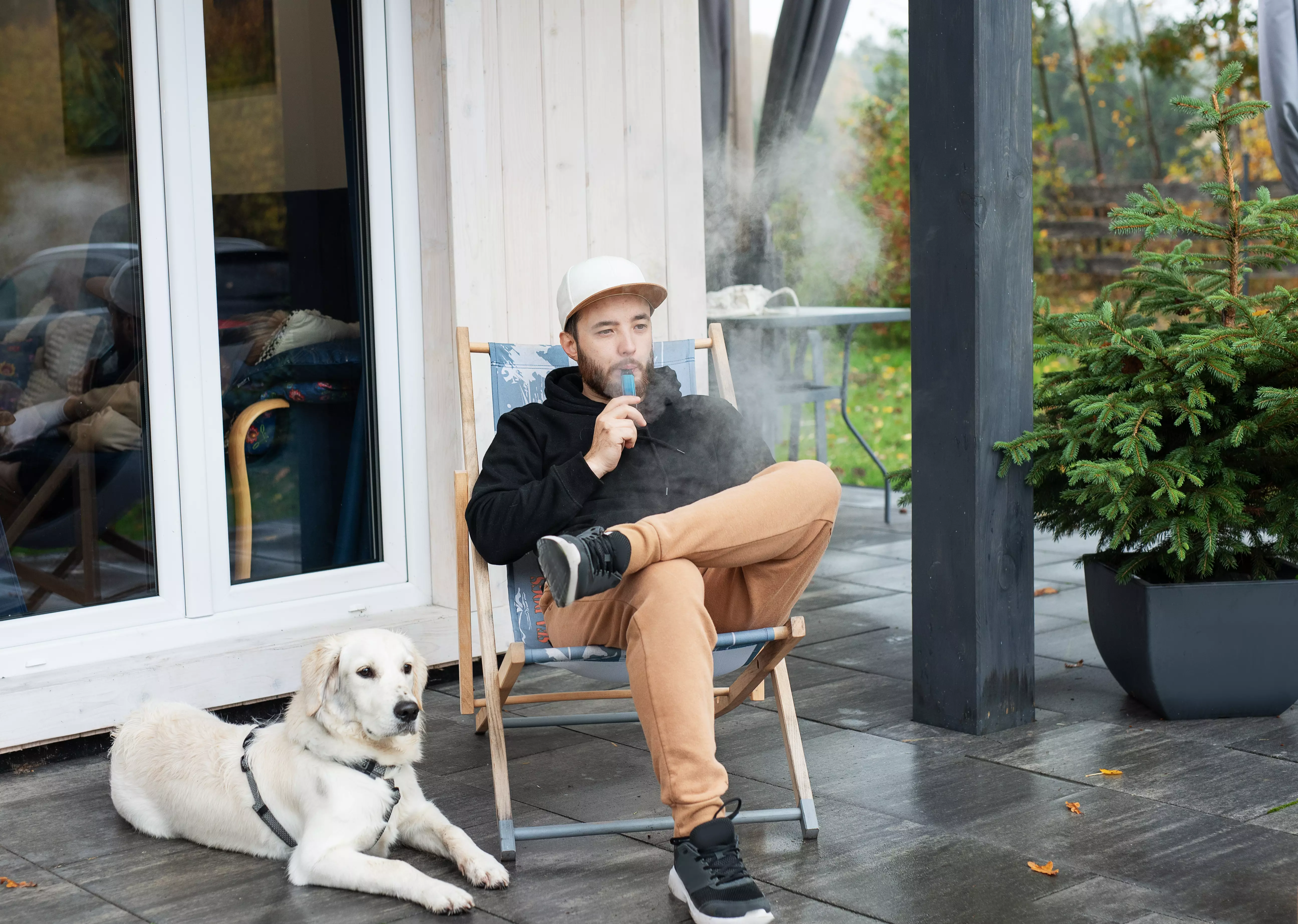Title: Secondhand smoke and pets: How smoking affects our furry friends
Many people are aware of the risks that secondhand smoke poses to humans, but not everyone realizes that it can be just as harmful to our furry friends. In this article, we will discuss how smoking affects the health of pets.
Why is secondhand smoke harmful to pets?
Like humans, pets can inhale tobacco smoke, both directly and passively. In addition, pets can ingest smoke particles that are deposited on their fur or skin during cleaning.
Tobacco smoke contains many harmful substances, such as nicotine, carbon monoxide and carcinogens, which can cause a number of health problems in animals.

What are the health effects on animals?
Studies have shown that animals exposed to secondhand smoke may have a higher risk of a number of diseases. In dogs, there is an increased risk of lung and nasal cancer, especially in long-nosed breeds such as Greyhounds and Dalmatians. Cats that spend a lot of time cleaning themselves have a higher risk of oral cancer and lymphoma.
Exposure to tobacco smoke can also affect pets' respiratory systems, leading to problems such as coughing, shortness of breath and reduced performance.
How to protect your pets?
The best way to protect pets from second-hand smoke is to stop smoking altogether. If that's not possible, be sure to smoke outside, away from your pets, and don't smoke in areas where your pets are most likely to be. Regular cleaning of the home, including carpets, furniture and other surfaces on which smoke can settle, is also important.
Summary
Smoking can have serious consequences for the health of our pets, increasing the risk of many diseases. Educating pet owners and taking appropriate measures to reduce pets' exposure to secondhand smoke is key. Let's remember that the health of our furry friends depends on us.

